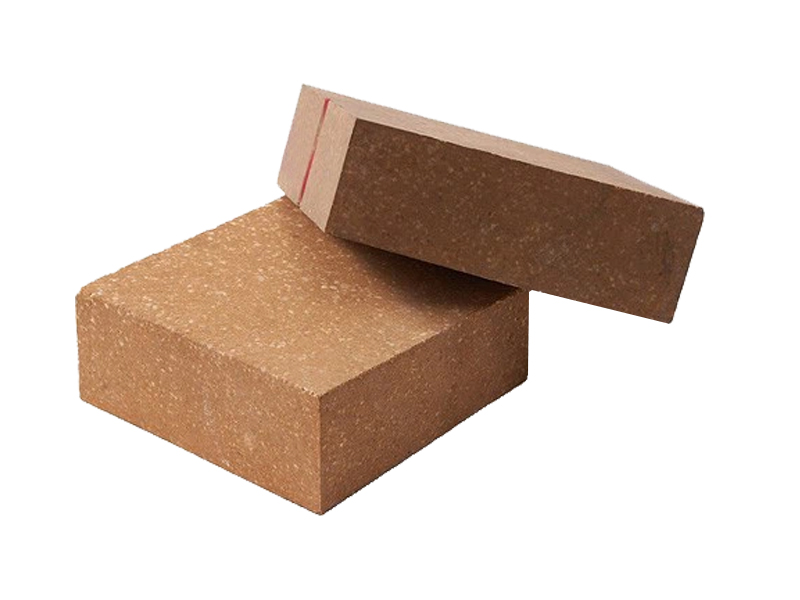How to Select Refractory Bricks Correctly
How to Select Refractory Bricks Correctly
Refractory bricks play a crucial role in various high-temperature industrial applications, from steel-making furnaces to cement kilns. Selecting the right refractory bricks is essential to ensure optimal performance, energy efficiency, and long-term durability of these facilities. Here are some key factors to consider when making your choice.
Analyze the Service Environment
The first step in choosing refractory bricks is to understand the service environment. Consider the maximum operating temperature of the furnace or kiln. Different types of refractory bricks have different temperature limits. For example, high-alumina bricks are suitable for applications with temperatures up to 1700°C, making them ideal for steel-making furnaces. In contrast, silica bricks are better for glass-melting furnaces, where the temperature ranges around 1600°C.
Also, take into account the chemical environment. If the process involves corrosive gases or slags, choose bricks with high chemical resistance. For instance, in a cement kiln, where alkaline substances are present, magnesia-based refractory bricks are often a good choice due to their resistance to alkaline corrosion.

Evaluate Physical and Chemical Properties
Physical properties like porosity, density, and thermal conductivity are equally important. Bricks with low porosity are more resistant to penetration by molten materials and gases, enhancing their durability. A lower thermal conductivity helps in reducing heat loss, improving energy efficiency.
Chemically, the composition of the refractory bricks should match the requirements of the application. For example, if the process involves high-temperature oxidation, bricks with high - chromium content can provide better resistance to oxidation.
Check the Quality of the Supplier
When choosing refractory bricks, it's crucial to select a reliable supplier. Look for suppliers with a good reputation in the industry. Request samples and test reports to verify the quality of their products. A reputable supplier will be able to provide detailed information about the manufacturing process, quality control measures, and technical specifications of their refractory bricks.
In conclusion, selecting the right refractory bricks requires a comprehensive understanding of the service environment, careful evaluation of physical and chemical properties, and choosing a reliable supplier. By following these steps, you can ensure that your high-temperature equipment operates efficiently and has a long service life.
Inquiry Now
Please leave your e-mail and we will contact you as soon as possible
contact us
Your satisfaction is our top priority. Whether you have questions, need support, or want to share feedback, our dedicated team is ready to assist you every step of the way.